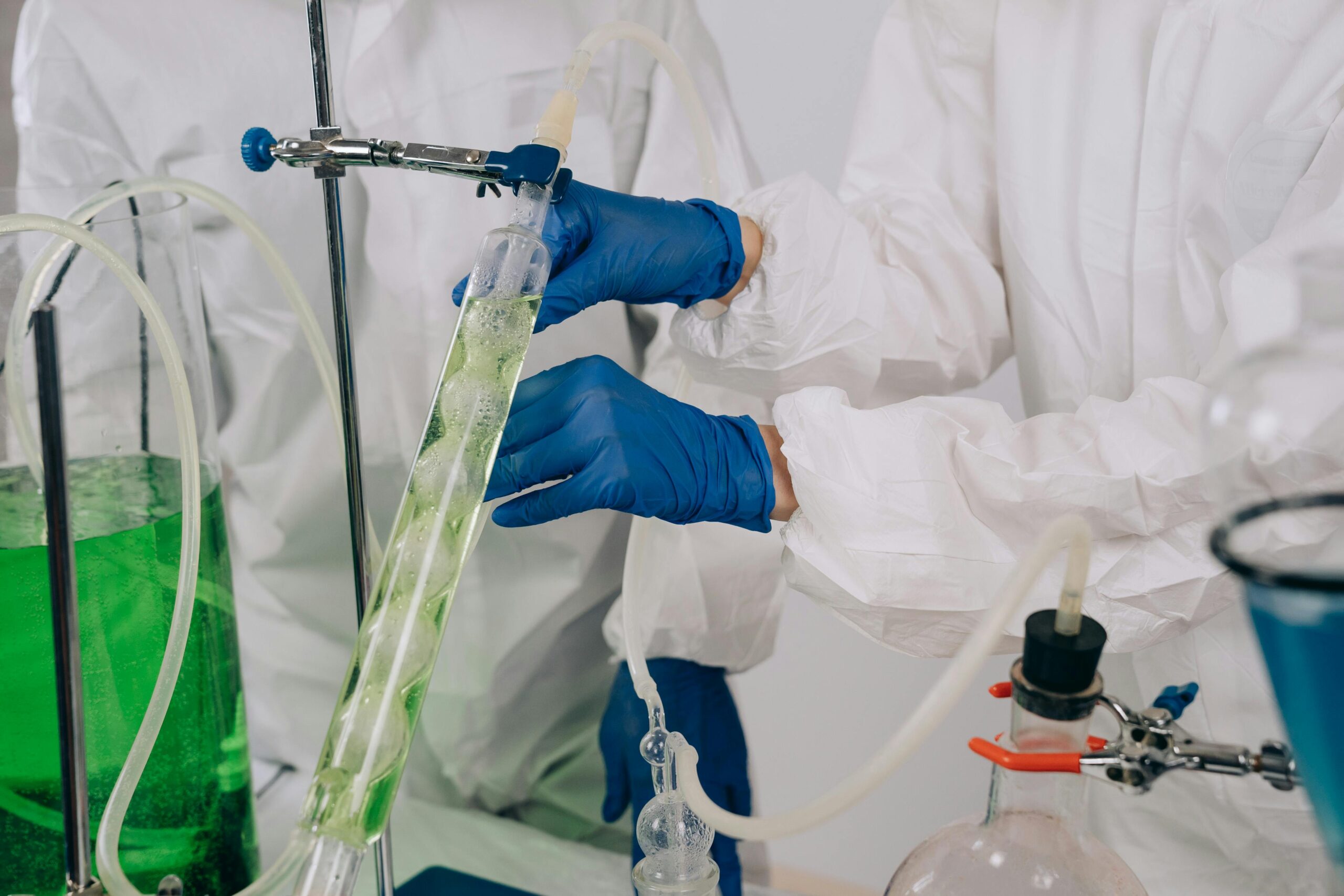Introduction: In recent years, the urgent need for sustainable practices in all sectors has become increasingly apparent. The chemical industry, with its significant environmental footprint, is no exception. However, amidst these challenges, a promising solution has emerged: sustainable chemistry. This innovative field focuses on developing environmentally friendly practices and technologies, aiming to minimize the negative impact of chemical processes on our planet. In this article, we will delve into the world of sustainable chemistry, exploring its key principles, groundbreaking innovations, and its potential to shape a greener future.
The Essence of Sustainable Chemistry: Sustainable chemistry revolves around the idea of designing and developing chemical processes and products that are inherently environmentally benign. It seeks to minimize the use of hazardous substances, reduce waste generation, and lower energy consumption throughout the lifecycle of chemical products. By embracing the principles of sustainability, the chemical industry can contribute to a healthier planet while maintaining economic viability.
Green Solvents and Renewable Feedstocks: One of the fundamental aspects of sustainable chemistry lies in the exploration and implementation of green solvents and renewable feedstocks. Traditional solvents often pose risks to human health and the environment. Sustainable chemistry promotes the use of safer and more environmentally friendly alternatives, such as bio-based solvents or water-based systems. Additionally, renewable feedstocks derived from biomass or waste materials are increasingly replacing fossil fuel-based raw materials, reducing greenhouse gas emissions and dependence on non-renewable resources.
Catalysis for Cleaner Reactions: Catalysis plays a vital role in chemical reactions, and sustainable chemistry embraces catalytic processes that offer improved selectivity, efficiency, and reduced environmental impact. Catalysts can facilitate reactions at lower temperatures and pressures, resulting in energy savings and reduced waste generation. Moreover, researchers are continuously exploring new catalyst materials, such as earth-abundant metals or enzymes, to promote greener and more sustainable chemical transformations.
Biodegradable and Eco-Friendly Materials: The development of biodegradable and eco-friendly materials is another exciting frontier in sustainable chemistry. From bioplastics to sustainable packaging materials, researchers are actively working to create alternatives to conventional materials that persist in the environment for centuries. These sustainable materials can contribute to waste reduction, decrease pollution, and promote the circular economy by enabling efficient recycling and composting processes.
Waste Management and Recycling: Sustainable chemistry emphasizes the importance of proper waste management and recycling strategies. It explores innovative methods for the treatment and disposal of chemical waste, such as advanced purification techniques or biological degradation processes. Additionally, the concept of “waste as a resource” gains traction, as researchers aim to develop efficient recycling technologies to recover valuable materials from waste streams, minimizing resource depletion and reducing landfill waste.
Conclusion: Sustainable chemistry represents a powerful approach to address the environmental challenges faced by the chemical industry. By integrating the principles of sustainability, such as reducing waste, using green solvents, embracing catalysis, and developing eco-friendly materials, the industry can contribute to a greener future. Through collaborative efforts between scientists, engineers, industry leaders, and policymakers, sustainable chemistry has the potential to transform the chemical landscape, enabling us to achieve a more sustainable and environmentally conscious society. Embracing these innovations and practices is not only crucial for the health of our planet but also paves the way for a more prosperous and sustainable future for generations to come.















